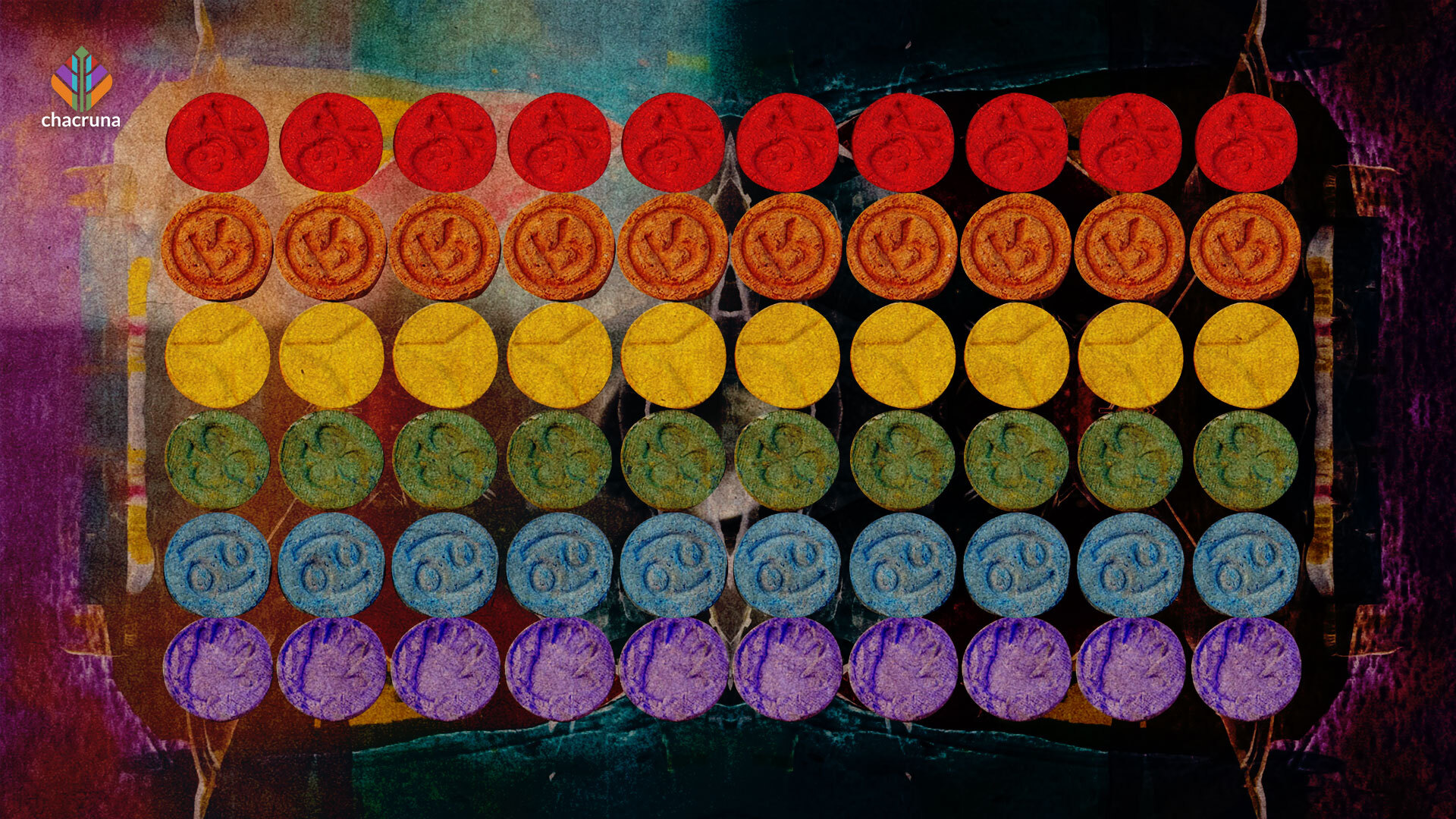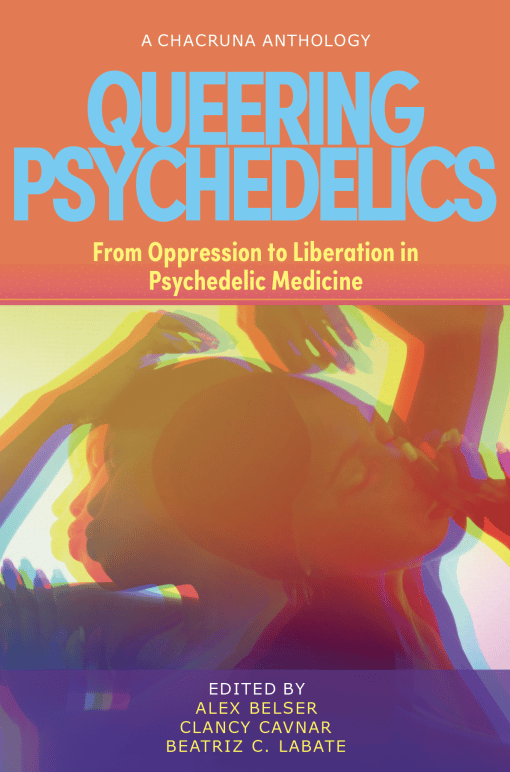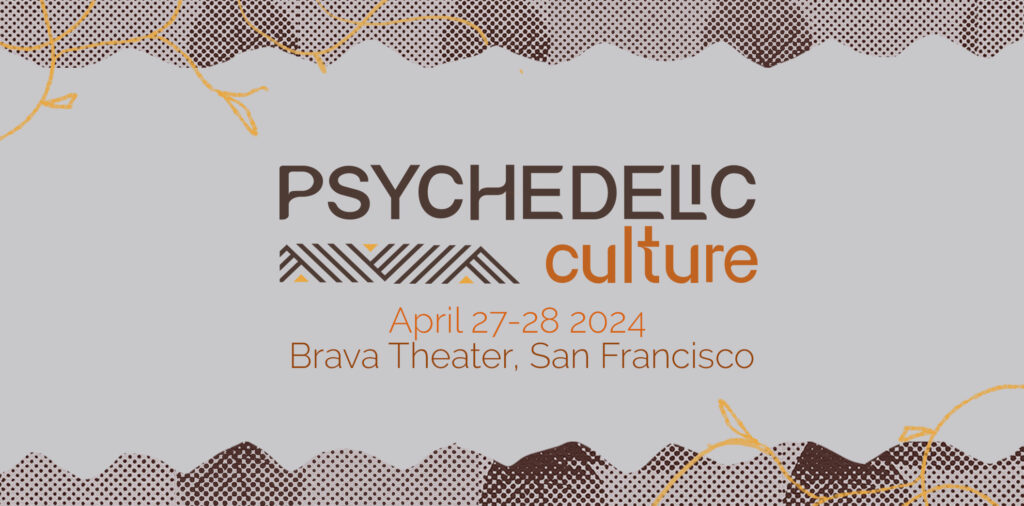- An Intersectional Experience of MDMA-Assisted Psychotherapy - November 28, 2023
Academic, clinical, commercial, and public interest in the ±3,4-methylenedioxymethamphetamine (MDMA)-assisted psychotherapy research program for chronic posttraumatic stress disorder (PTSD) has grown exponentially. However, cultural barriers to participation by minori- tized communities persist. Thus, the limits to generalizability of findings persist as well.
Specifically, there was limited minoritized enrollment in the six Phase 2 studies sponsored by the Multidisciplinary Association for Psychedelic Science (MAPS). The enrolled samples were predominantly cisgender, heterosexual, and non-Hispanic White. This trend has continued in the first published Phase 3 randomized placebo-controlled multisite study. In this trial, even though there was an intentional effort to assess for sexual orientation and gender identity, individuals who identified as sexual- and gender-diverse (SGD) and people of the global majority (PGM) might not have been particularly incentivized to participate. An explicit, study-wide, culturally attuned recruitment plan to oversample historically excluded groups might have been useful to diversify the recruited sample across sites. This is a persistent problem across other previous psychedelic trials as well. This is an important issue to address, given the need to ensure generalizability of efficacy findings of psychedelic-assisted psychotherapy trials across diverse groups. This is also an urgent issue to address, given the disproportionate stressors and traumas that SGD and PGM communities experience on a daily basis, which in turn, increase their risk for mental health problems.
In 2020, I published an open letter to SGD and PGM communities based on my insights from an MDMA-assisted psychotherapy training trial in regards to my intersectional identity as a Singaporean Chinese gay male. The goal of that publication was geared toward destigmatizing this treatment for SGM and PGM communities by offering an intimate glimpse into the healing promise of this therapeutic approach. In creating this connection, I hoped (and still hope) to inspire public imagination about the utility of this treatment for diverse communities.
I hope that considerations of intersectionality will shift towards the forefront of researchers’ minds as they recruit, enroll, and sit with people as they embark on their psychedelic- assisted psychotherapy journeys.
In this chapter, to continue the effort of broadcasting the need to queer and diversify psychedelic-assisted psychotherapy programs, I revisit my original insights with more recent realizations. Here, there is a continued emphasis on set and setting, cultural pride, gay pride, and acceptance of intersectionality. Through this chapter, I hope that considerations of intersectionality will shift towards the forefront of researchers’ minds as they recruit, enroll, and sit with people as they embark on their psychedelic- assisted psychotherapy journeys.
Explore Queering Psychedelics: From Oppression to Liberation in Psychedelic Medicine
Set and Setting
In my previous article, I discussed how growing up gay in heteronormative Singaporean society allowed my inner “nonconformer” to emerge as a way to cope with structural factors that criminalize and pathologize an “unchangeable aspect of my identity.” For context, mutually consensual sex between adult men to this date still constitutes a criminal activity in Singapore under Penal Code Section 377A.1 This nonconformity manifested, among many other ways, as a “curiosity about what it might be like to take MDMA . . . in the therapist training trial.”
Since my training experience, I have had the fortune of meeting and getting married to my then-boyfriend (and now-husband)! The process of planning for a life together as a married couple is exciting but challenging, however. One particular challenge was in the administrative process of gaining permanent residence in the United States as a nonresident “alien.” Beyond the dehumanizing, macroaggressive nature of that label, we have encountered barriers such as willful nonrecognition of cultural differences in name order depending on country of origin, and refusal to process basic documentation (e.g., driver’s license) attesting to my legal presence in this country.
While circumstances may vary from one individual to another, I hope this example can highlight the precarious nature of being an immigrant in the United States. It seems that if the natural diversity of immigrant identities does not fit with Americanized norms, the threat of severe consequences loom even larger (e.g., “Am I even welcome in this country? Do I have to change the way I identify myself? Is it legal for me to be in this country?”). Additionally, throw psychedelics into the mix with the fear of one’s application to adjust one’s legal status being denied, or worse, being deported, and one can see how these barriers to access easily lead to drop- ping out from or avoiding completely psychedelic therapy research. Specifically, if one is in the process of gaining permanent residence or citizenship in the United States, there is likely the perceived pressure to make sure that one is in good legal standing, which may conflict with the consumption of a Schedule I substance, albeit in an aboveground, legal clinical trial.
Thus, immigrant status broadly, and idiosyncratic aspects of the immigration experience more specifically, are important areas of consideration necessary for therapists hoping to holistically address elements of set and setting in preparing individuals for their dosing sessions. This naturally applies, per cultural humility, to the diverse aspects of individuals’ being as they enter the psychedelic space.
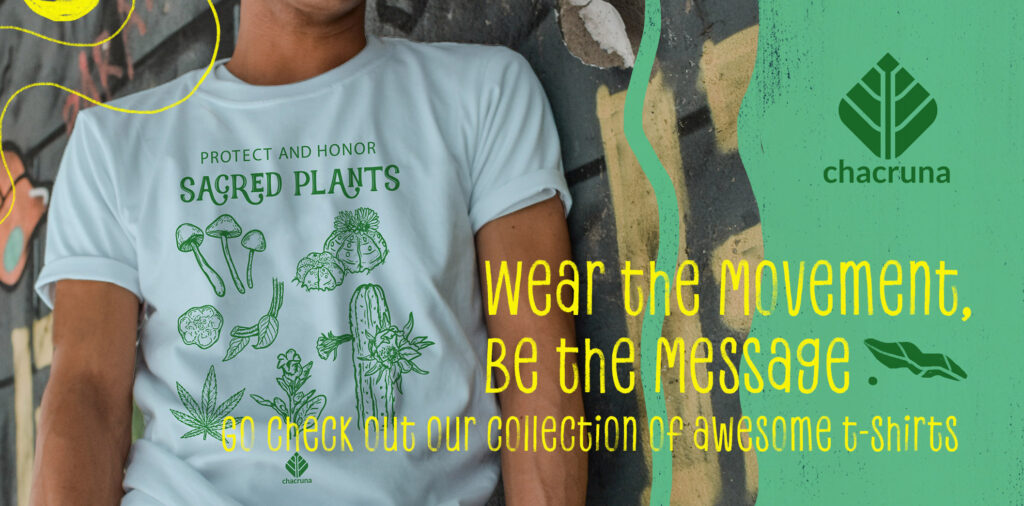
Shop our Collection of Psychedelic T-Shirts.
Cultural Pride
In describing part of my MDMA experience, I documented how “danc[ing] within the core of the Rafflesia arnoldii [the world’s largest flower, also known as the ‘corpse flower’ due to its stench] was . . . symbolic of unabashedly embracing my cultural origins, including the ‘strangest’ and most ‘alien’ aspects . . . to the Western eye.” This insight continues to feel true, as I continue to navigate, both personally and vicariously, the COVID-19 pandemic and the accompanying waves of xenophobic, anti- Asian racism and violence heightened during the Trump administration.
One thing that has been consistently nourishing and restorative during this time was cooking Singaporean dishes with my husband on weekends. Not only does this activity help introduce my husband to Singaporean culture through delicious food, it allows me to honor and reconnect instantaneously across thousands of miles with my roots and cultural identity. The process of preparing food, I imagine, can be (and is, for me) a powerful one, and in my opinion, one that is oft undiscussed as a means of integration work after psychedelic dosing.
In several global majority cultures, food is culture. Specifically, the practice of preparing, sharing, and eating food attentively prepared by one’s hands and heart is a rich source of social and familial connection, in which stories and tradition are passed down to the next generation.
For me, the process of preparing food from my culture is highly repre- sentative of how much of a cultural melting pot Singapore is. For example, when I pound bird’s eye chilis, garlic, galangal, shallots, and cilantro that my husband has chopped up with my pestle and mortar as a base for our laksa soup, I am immediately reminded of how ingredients from diverse origins come together to create a unified Singaporean cuisine, much like how immigrants from all across Asia came together to form the unique country that is Singapore. It is for this reason that I believe that cultural practices, such as preparing and sharing food from one’s culture, can be a useful way to reconnect with one’s roots, perhaps even as a way to honor messages from one’s psychedelic journey.
LGBTQIA+ Pride
When I encountered the “seamless transitions between [rainbow] hues” of the “giant horseshoe crab [with a] . . . mermaid’s tail on its back” during my MDMA journey, I am confronted with the realization that I need not “conform to prescribed norms . . . of ‘coming out’” in Western culture. This still rings true. Instead of a quick and dramatic declaration of my sexual identity to my family per the Western cultural script, the process of coming out to members of my immediate family in the months leading up to my marriage to my husband was slow and deliberate, filled with moments of small disclosures and intuiting or gauging my family’s responses.
Nonetheless, there are members of my extended family in Singapore who are still unaware of my sexual identity or marriage. It is worthwhile to note that, while this may appear on the surface as “closeting” our legitimate marriage, continuing to live our truth “out and proud” is a process, one that my husband and I are navigating every day of our union. This process has also taught me the importance of gratitude and maintaining an attitude of curiosity and openness, instead of relying on negative stereotypical expectations regarding my family’s response to my coming out, which has been surprisingly loving, unconditional, and accepting.
Transposing these thoughts to the psychedelic space, it would make sense for therapists to hold clients in unconditional positive regard for any identity-related disclosures or stress that they may be experiencing either on their own or as a function of living with unaccepting and microaggressive family members.
Transposing these thoughts to the psychedelic space, it would make sense for therapists to hold clients in unconditional positive regard for any identity-related disclosures or stress that they may be experiencing either on their own or as a function of living with unaccepting and microaggressive family members. Not only may this be helpful in providing corrective insights for clients (e.g., “There are actually people who love and accept me just the way that I am”), embracing vulnerable disclosures by clients may reinforce them in continuing to live their lives more authentically and courageously moving forward.
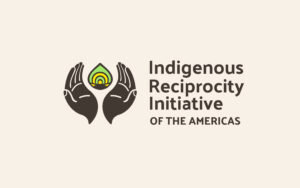
Discover the Indigenous Reciprocity Initiative of the Americas
Acceptance of Intersectionality
Bringing the insights above together, there is an obvious thread of intersectionality broadly defined; how our various identities interact with one another, instead of being discrete parts of ourselves. At the peak of my MDMA journey, “I saw my reflection in the mirror, and witnessed the emergence, from within my chest, the Chinese characters for fire [火] and wood [木] represented in their elemental images . . . slowly overlapp[ing], magically not burning each other out” (Ching, 2020, p. 64). Since then, that image has served as a reminder of the necessity of looking at things in the liminal spaces, to not only recognize and affirm myself, but also others, as existing validly in the overlaps between socially constructed categories. When I shared this moment with the audience in the inaugural MAPS-sponsored Psychedelic Medicine and Cultural Trauma Community Workshop, Rick Doblin mused on how evocative my experience was of the “biblical burning bush.” Intersectionality then, in this moment, seemed like a universal, transcultural, perhaps even spiritual truth. As the Chinese-White American LGBTQ activist Jim Toy described, “My identity is a tapestry woven from many threads—race and ethnicity, color, class, gender identity, sexual orientation, ability/disability, appearance, age, religious belief, political belief, etc. If one of the threads is plucked, the whole fabric moves.”
Conclusion
The psychedelic experience is inherently queer, diverse, mystical, and ineffable, and all at once consonant with the uniqueness of your intersectional identities
In summary, I hope for this essay to continue to inspire and motivate everyone in the psychedelic field, be it the movers and shakers or the ones on the fringe hoping to get in, to position intersectionality in the forefront of your minds, and to recognize and embrace your own intersectional identities as important and worthy. The psychedelic experience is inherently queer, diverse, mystical, and ineffable, and all at once consonant with the uniqueness of your intersectional identities. Honor and prioritize that, and let that guide us in continuing to do better in diversifying psychedelic- assisted psychotherapy spaces. In closing, I recommend interested readers to peruse detailed recommendations in “The Future Is Queer: Imagining Queer-Affirming MDMA-Assisted Therapy,” an essay that Challian Christ, Amy Bartlett, Stéphanie Manoni-Millar, and I wrote on how to create queer-affirming set and setting in psychedelic-assisted psychotherapy. The essay can be found on MAPS.org, as part of the MAPS Bulletin 2021: Vol 31, No. 3, and also on page 13 of this book.
Note: “An Intersectional Experience of MDMA-Assisted Psychotherapy” by Terence Ching was originally published in Queering Psychedelics: From Oppression to Liberation in Psychedelic Medicine (Synergetic Press 2022).
Art by Mariom Luna.
Notes
1 Singapore’s Penal Code Section 377A was repealed on November 29, 2022. You can read more about this repeal here.
Find more information on the upcoming Psychedelic Culture Conference.
Take a minute to browse our stock:
Did you enjoy reading this article?
Please support Chacruna's work by donating to us. We are an independent organization and we offer free education and advocacy for psychedelic plant medicines. We are a team of dedicated volunteers!
Can you help Chacruna advance cultural understanding around these substances?










